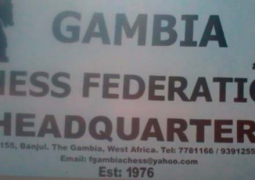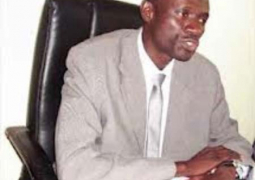The remembrance, marked at the Fajara War Cemetery, brought together government officials, survivors of the world wars and other dignitaries.
In his remembrance speech, the acting-British High Commissioner to The Gambia, George Sherriff, highlighted the significance of the day, gratifying and applauding the courage and devotion of all those who gave their lives in the wars.
Before the world wars, The Gambia, Ghana, Nigeria and Sierra Leone created a local infantry units for the purpose of command and administration, he explained, saying the four units were grouped together to form the Royal West African Frontier Force (RWAF), which was a title made famous in the two world wars.
He said these units served in the brief operations in August 1914 that led to the surrender of the German forces in Togoland.
He added that during the Second World War, the RWAF got expanded where two West African brigades took part in the successful campaign in Italian East Africa and two divisions made their contributions to victory in Burma.
“The bravery of the RWAF, all of whom were volunteers, with many from The Gambia, is remembered with pride, together with that of the forces of other Commonwealth countries,” he said.
He added that during and after the wars, many British and Gambian service personnel were buried throughout The Gambia often with ten bodies to a grave.
The acting-British High Commissioner said that in 1949 Major Thompson, the officer commanding the British army in The Gambia, ordered that all remains be re-buried in a consecrated area, which is the Fajara War Cemetery, from their original site at the present Supreme Court and the National Arch and the July 22 Square, which led to the construction of the Fajara War Cemetery where the exhumed bodies were buried with Muslims and Christians on separate sites.



